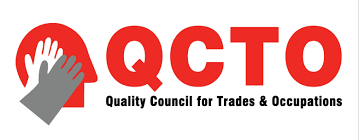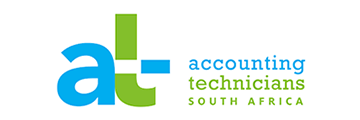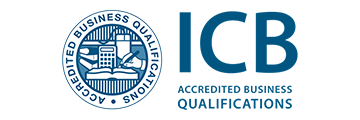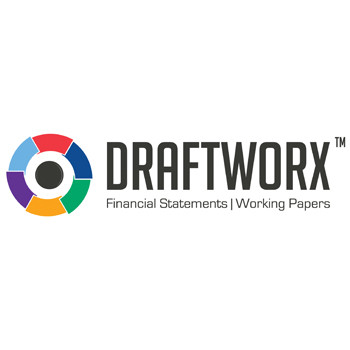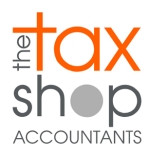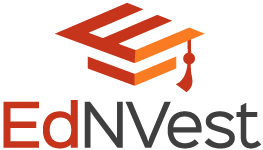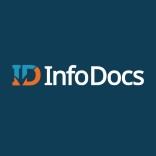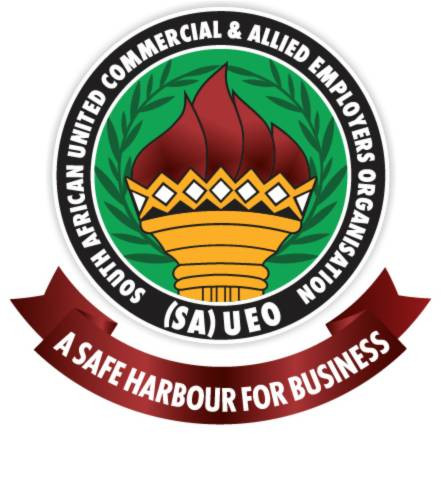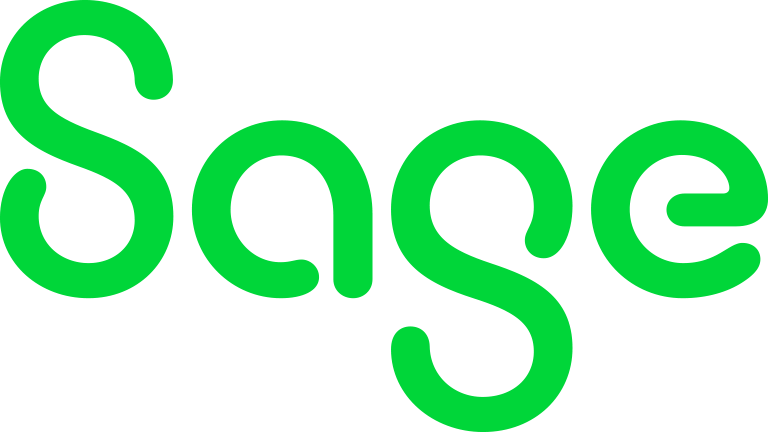Our Content
Upcoming Live Webinars
May
28
Monthly Compliance and Legislation Update - May
Presenter Lettie Janse van Vuuren CA(SA)
Apr
23
Monthly Compliance and Legislation Update - April
Presenter Lettie Janse van Vuuren CA(SA)
Apr
24
Managing difficult conversations
Presenter Annelien Feldtmann
Apr
29
The Accountant's Guide to Flawless Share Registers
Presenter Stephanie Maritz
May
14
2024 IRBA Inspection Report
Presenter Lettie Janse van Vuuren CA(SA)
Resources On Demand
NDT 2025 Training Series
Presenter
Beneficial Ownership 2025 Update
Presenter Caryn Maitland CA(SA)
The Companies Amendment Act 2024 and Second Companies Amendment Act 2024
Presenter Edith Wilkins
Non-compliance with laws and regulations (NOCLAR)
Presenter Caryn Maitland CA(SA)
Monthly Compliance and Legislation Update - February
Presenter Lettie Janse van Vuuren CA(SA)
Popular Courses
Delve into the realm of financial statement compilation with our Professional Certificate course. Master IFRS for SMEs, ISRS 4410, and the IESBA Code. Enhance your proficiency with hands-on Draftworx tutorials and comprehensive modules. Join SA Accounting Academy for unparalleled expertise.

Financial analysis is applied to better understand the performance of a company. It is a critical tool with a wide range of applications in the financial services sector.

Discover the Trainee Accountant Bootcamp by Accounting Academy. An online course covering soft / life skills, professional development, and technical competencies in accounting. No prerequisites required. Enroll now!

Qualifications
Elevate your career with SA Accounting Academy's National Certificate in Banking NQF 5. This 12-month, online, BANKSETA-accredited course prepares you for success in finance.

Unlock advanced accounting opportunities with the Certificate: Accounting at NQF Level 5. This qualification prepares you for higher-level roles in accounting and bookkeeping, providing in-depth knowledge and expertise. Delivered online by SA Accounting Academy, it offers the flexibility to balance ...

Achieve recognition in the accounting industry with the Certificate: Accounting Technician at NQF Level 3. This respected qualification equips you with essential skills for roles such as accounts clerk, accounts assistant, tax assistant, and junior bookkeeper. Delivered online by SA Accounting Acade...

Helpful Technical FAQs
Relevant Legislation
Auditing Profession Act, 2005 (Act No. 26 of 2005)
Close Corporations Act, 1984 (Act No. 69 of 1984)
Companies Act, 2008 (Act No. 71 of 2008)
Income Tax Act, 1962 (Act No. 58 of 1962)
Tax Administration Act, 2011 (Act No. 28 of 2011)
Value-Added Tax Act, 1991 (Act No. 89 of 1991)
Skills Development Act, 1998 (Act No. 97 of 1998)
Labour Relations Act, 1995 (Act No. 66 of 1995)
Broad-Based Black Economic Empowerment Act, 2003 (Act No. 53 of 2003)
Employment Equity Act, 1998 (Act No. 55 of 1998)
Basic Conditions of Employment Act, 1997 (Act No. 75 of 1997)
Compensation for Occupational Injuries and Diseases Act, 1993 (Act No. 130 of 1993)
CPD Subscription Plans
Individual Subscription Plans
Are you looking to upskill yourself and develop your accounting knowledge and skills? These subscription plans give you access to professional and technical content, so you remain professionally competent. From R 250.00 per month.
Practice Subscription Plans
Are you looking to upskill your staff and develop their accounting knowledge and skills? This subscription plan gives you and your employees access to professional and technical content, so your business remains relevant and professionally competent. From R 139.00 per user per month (for three or more user).
Our Accreditations
What our clients have to say
G.K. (SA Accounting Academy Subscriber) |
M.W. (SA Accounting Academy Subscriber) |
T.S. (SA Accounting Academy Subscriber) |
N.C. (SA Accounting Academy Subscriber) |










